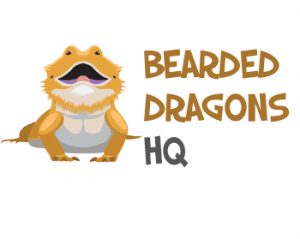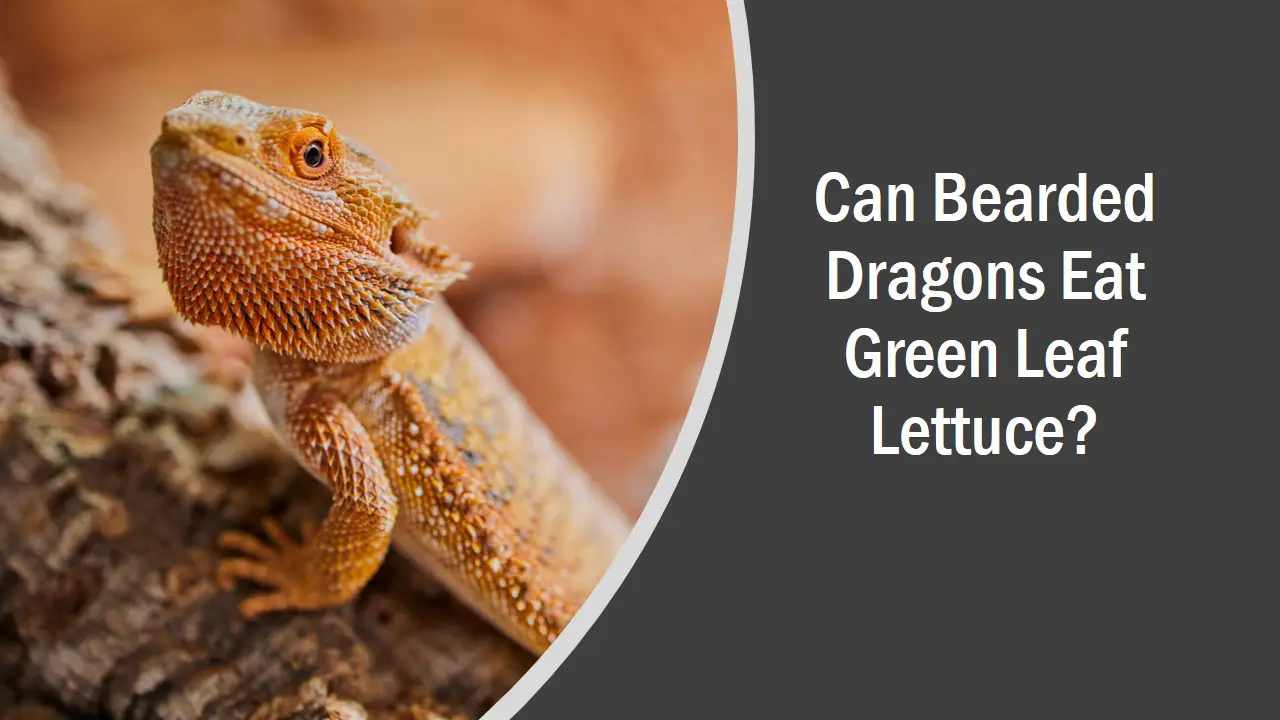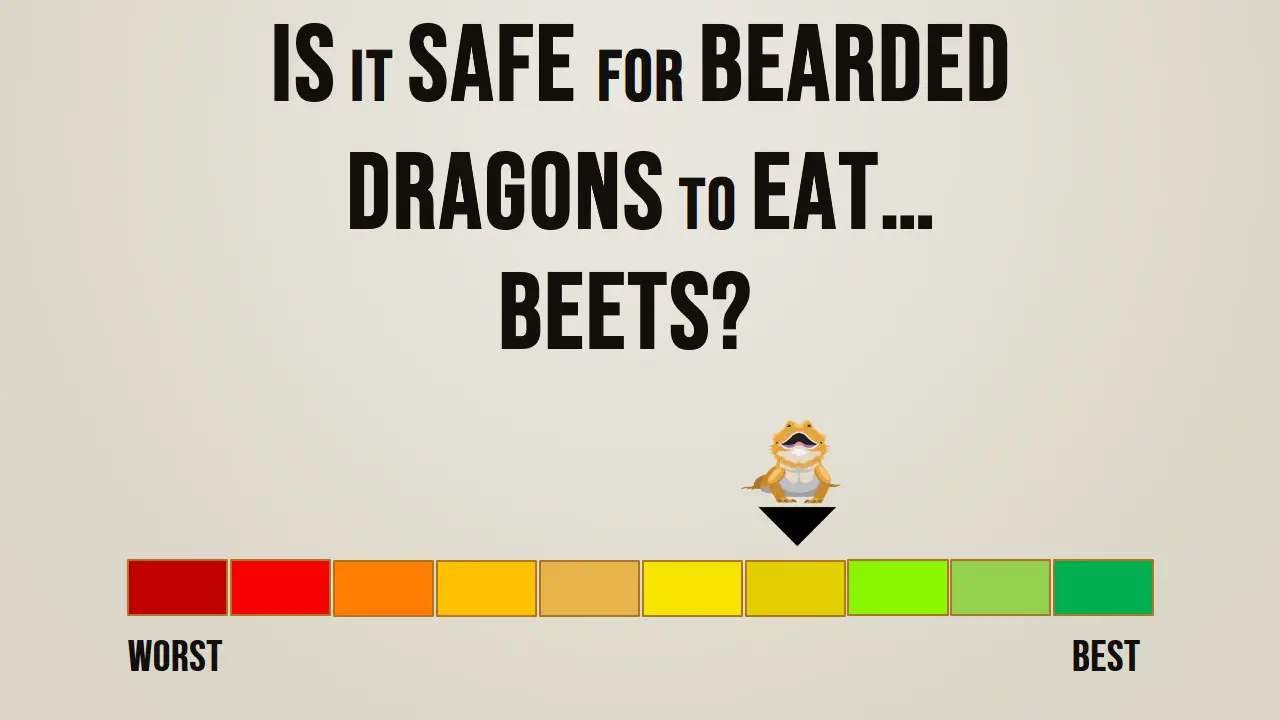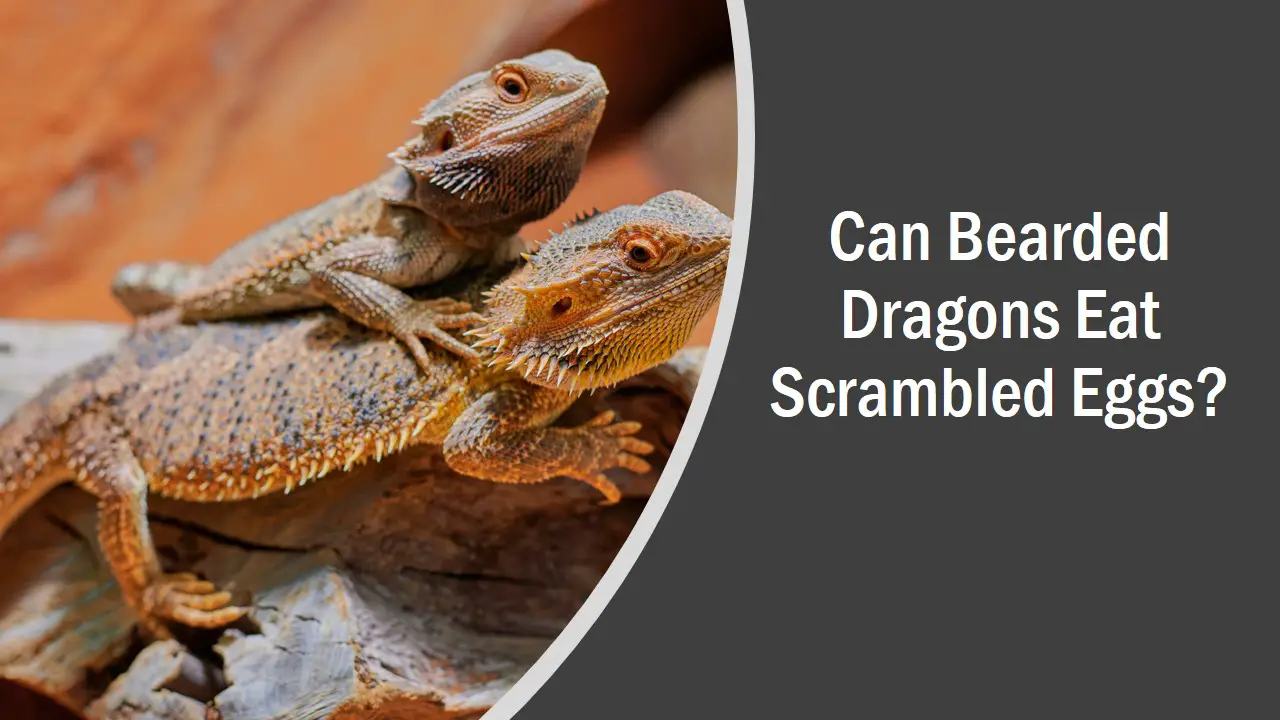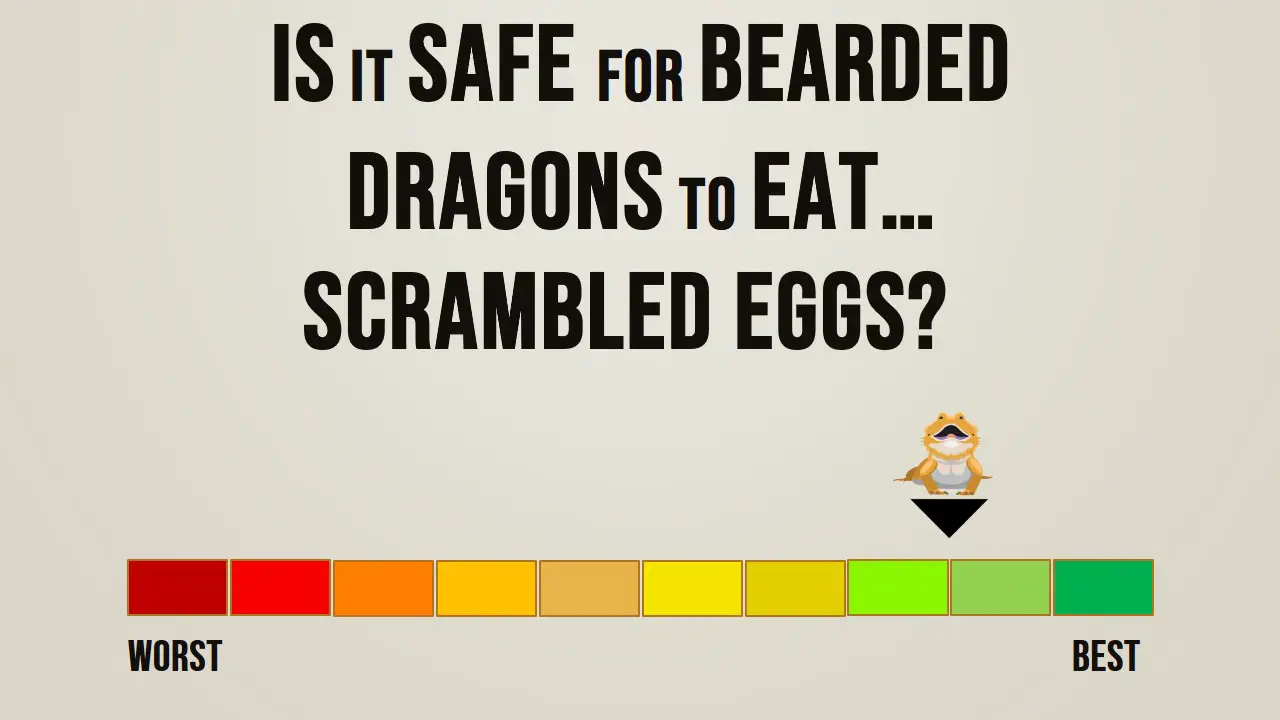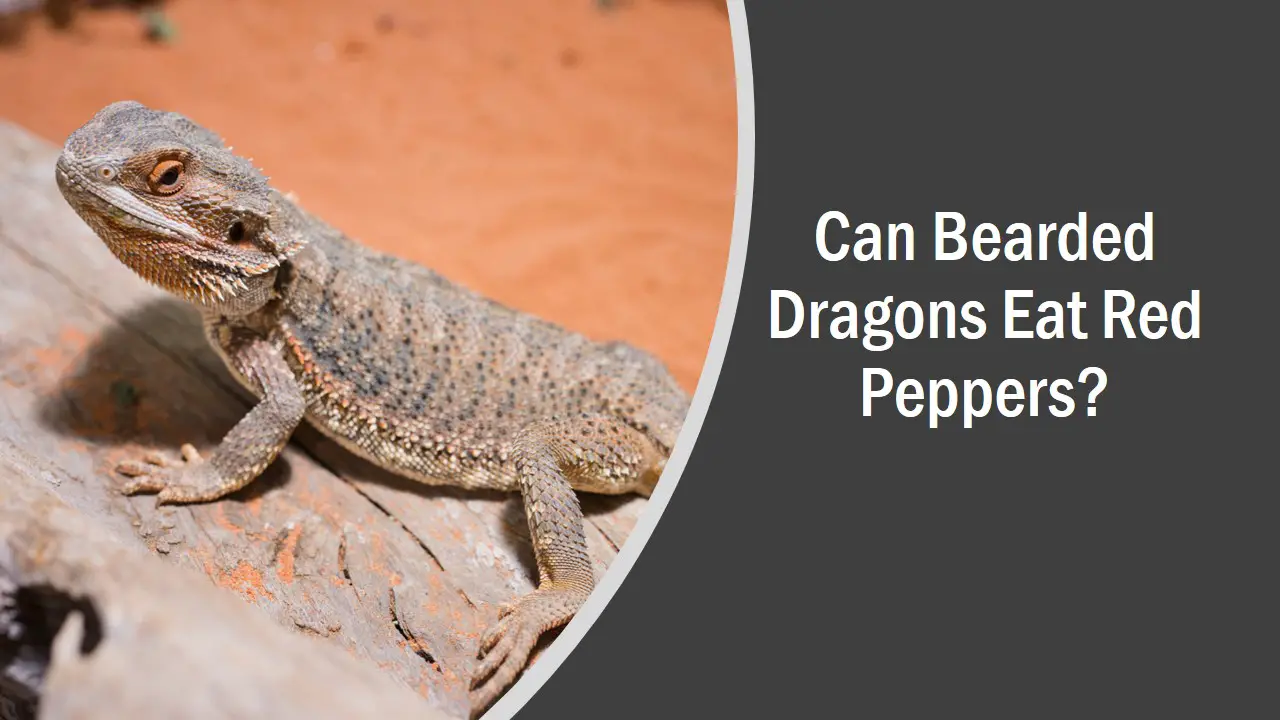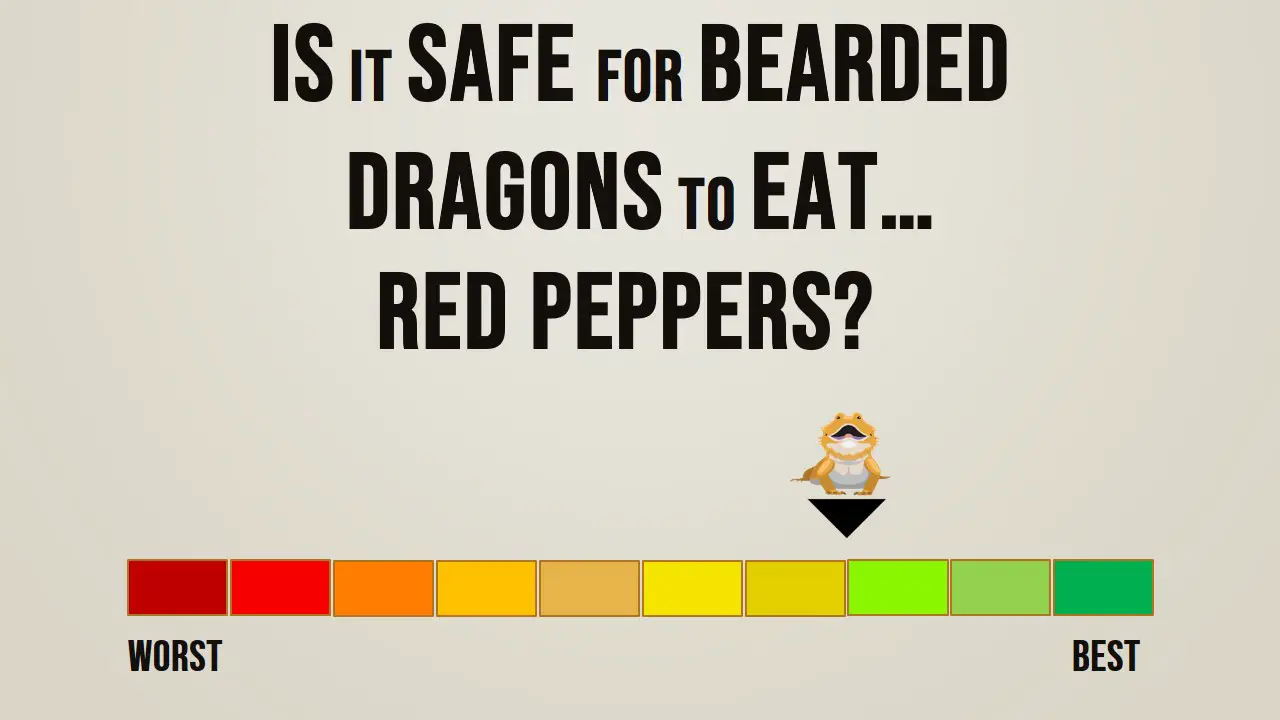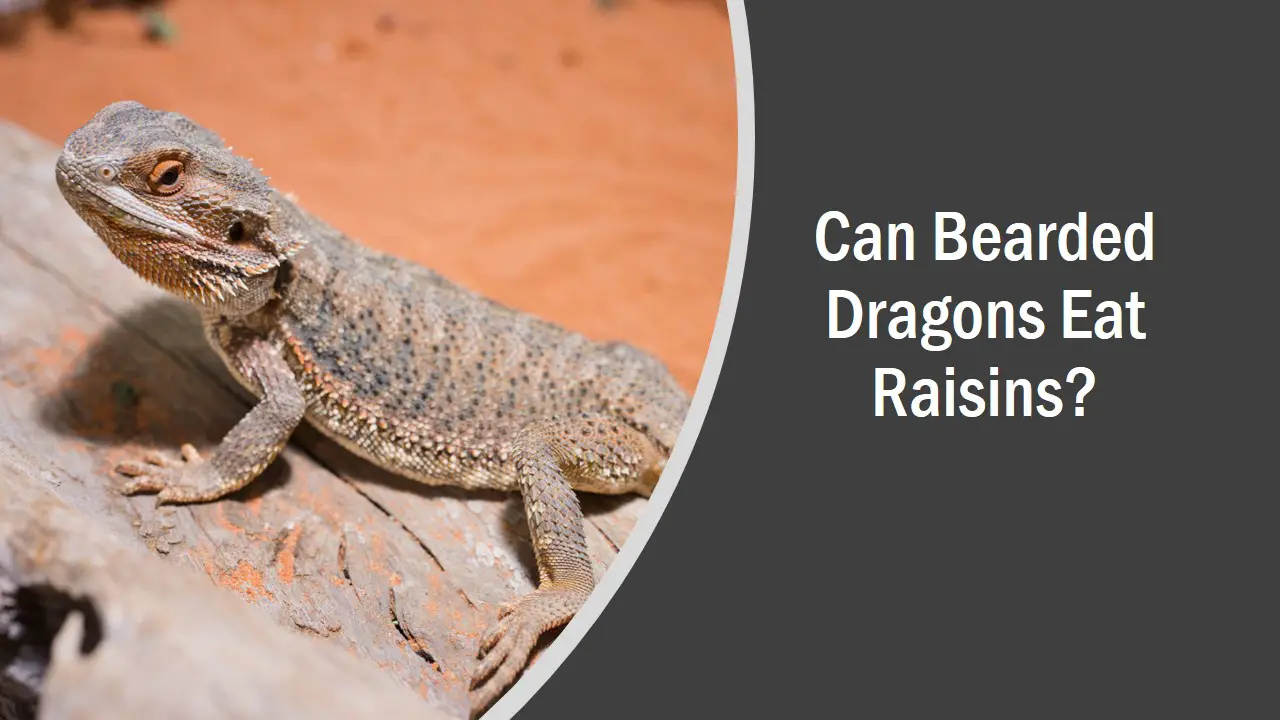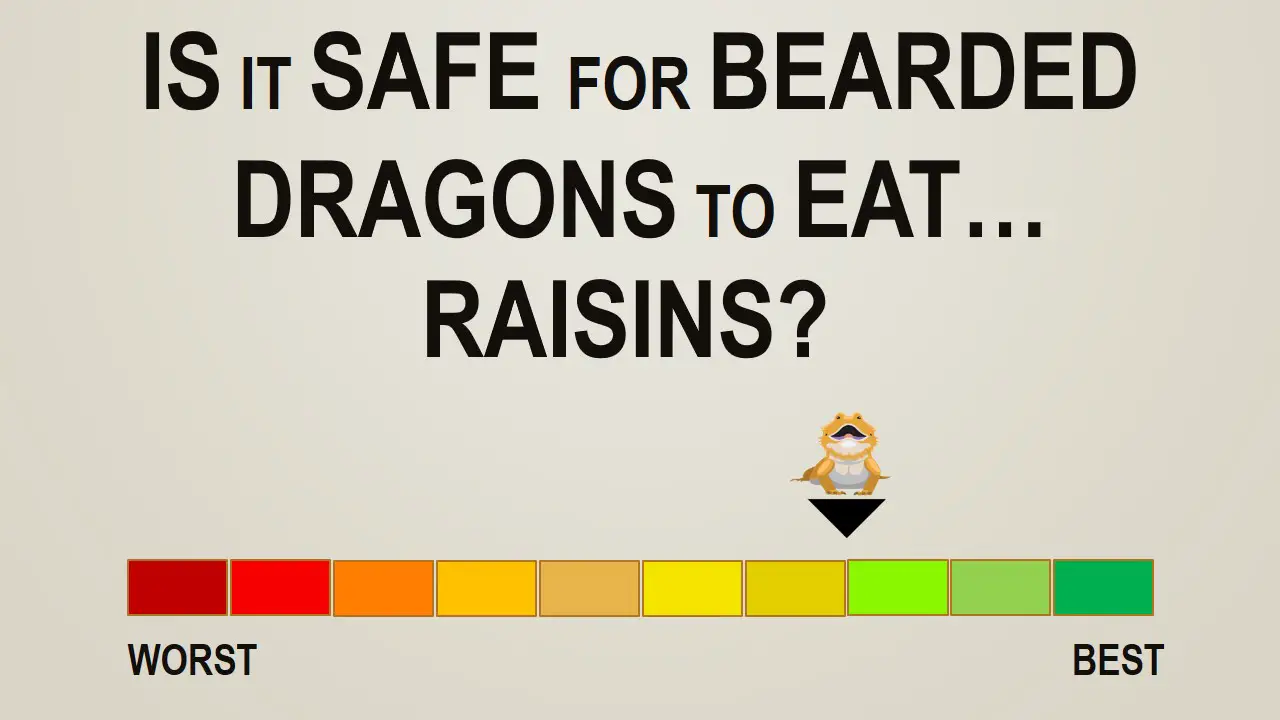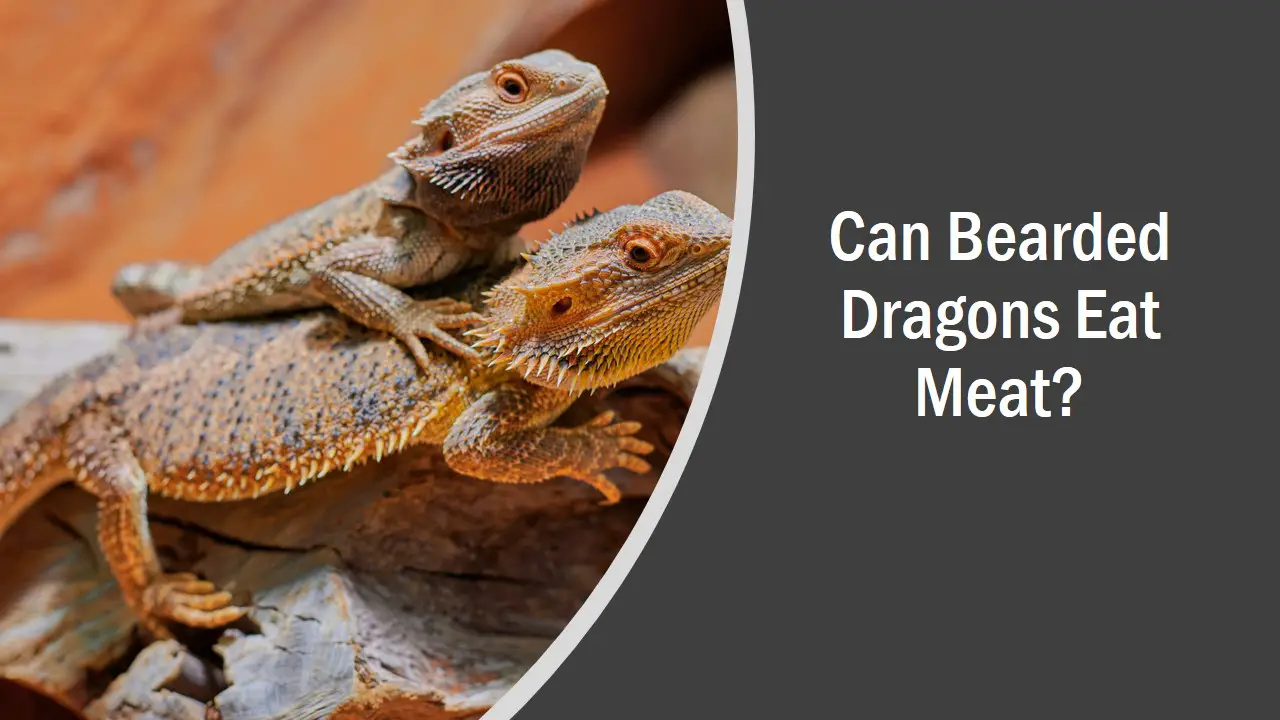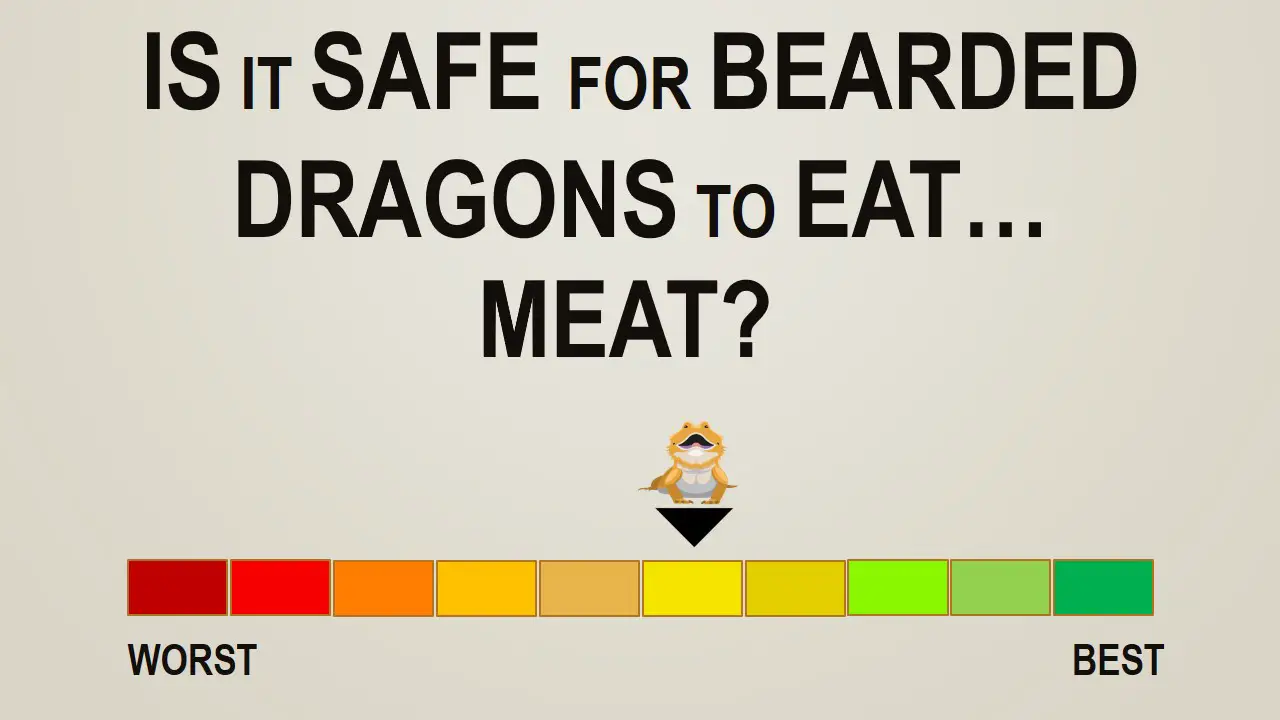Yes, bearded dragons can enjoy green leaf lettuce along with all of the other types of lettuce as well. Green leaf lettuce is just the typical green lettuce you find on most tables at restaurants.
One of the best parts about this type is that it has very little aftertaste, so if you are worried about what to feed your bearded dragon next, consider giving them some leafy greens with no added benefits or tastes.
What Is The Nutritional Profile in Green Leaf Lettuce?
Well, the nutritional profile in green leaf lettuce is rather simple. It contains very little protein and carbs while having a ton of fiber (which is good for them). There are also no fat contents which mean it has none of the bad fats either. Check out the vegetable list.
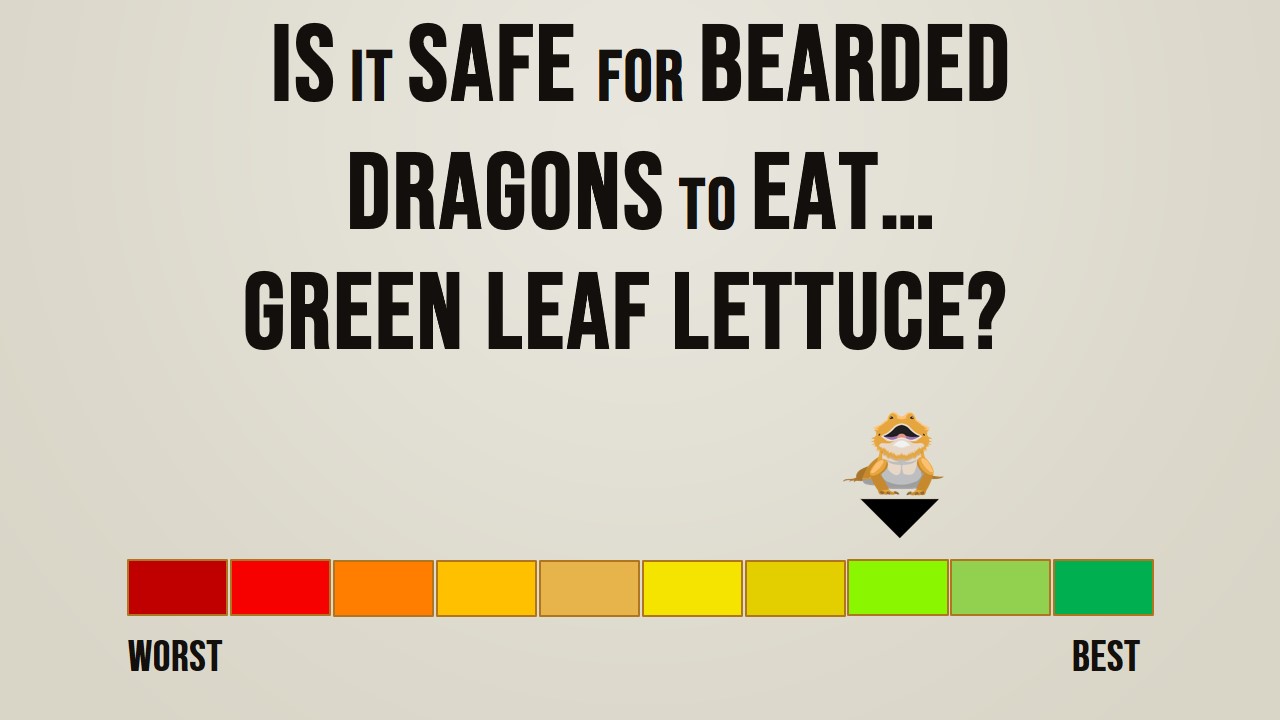
Where Can I Buy Green Leaf Lettuce?
Well, you can buy this at any grocery store or other type of shop. When buying this at your local shop, look for lots of dark colors on the leaves to make sure they are fresh and healthy for consumption.
How Much Green Leaf Lettuce Should I Give My Pet Bearded Dragon?
It doesn’t matter too much about quantity when feeding your bearded dragon some green leaf lettuce because all that matters is that they are eating the right foods.
Can I Give My Bearded Dragon Iceberg, Romaine or Red Leaf Lettuce?
Yes, you can give your bearded dragon these types of leafy greens as well because they have very little aftertaste to them and contain almost no protein, carbs or bad fats either. The only thing you should watch out for is the color on both red and green leaf lettuce because if it isn’t very dark, there is a chance it might be old and not good to eat.
What Are The Benefits of Feeding My Bearded Dragon Green Leaf Lettuce?
The real benefit to feeding your bearded dragon green leaf lettuce is that it helps them digest their food properly. It also provides very few calories and other contents that might be bad for them too.
What Are Some Other Types of Leafy Greens I Can Feed My Bearded Dragon?
Well, there are lots of other types out there like turnip greens (which have a lot of vitamin A), mustard greens (which have iron) or collard greens (which contain calcium). You should mix up the different types every now and then so that your bearded dragon doesn’t get bored with just one type of leafy green.
What Are The Risks of Feeding My Bearded Dragon Green Leaf Lettuce?
The only risk of feeding your bearded dragon green leaf lettuce is that it might have a bad effect on their digestive tract. If they are eating too much of this type or other types, then there can be some issues with doing so over time.
Vegetables Bearded Dragons Can Eat
Alternative Foods for Bearded Dragons
If you are out of lettuce or just don’t really want to feed it to your bearded dragon, there are lots of other foods that they can eat too. Some alternatives include collard greens (which have calcium), mustard greens (which have iron) and turnip greens (which contain vitamin A). Just mix it up every now and then so they aren’t eating the same thing all the time.
Can Bearded Dragons Eat Green Leaf Lettuce? – The Conclusion
Yes, bearded dragons can enjoy green leaf lettuce along with all of the other types of lettuce as well. Green leaf lettuce is just the typical green lettuce you find on most tables at restaurants. One of the best parts about this type is that it has very little aftertaste, so if you are worried about what to feed your bearded dragon next, consider giving them some leafy greens with no added benefits or tastes.
